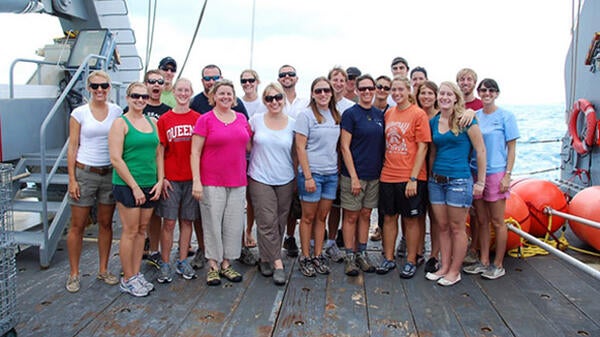St. George’s, Bermuda –– An anonymous donor has awarded BIOS $6 million to support collaborative research on the distinctive microbial communities of the Sargasso Sea over the next five years. The research will leverage ocean measurements and ongoing research at the Bermuda Atlantic Time-series Study (BATS) site, bringing new collaborations and technologies to study the ocean’s smallest life forms.
Unprecedented, Man-made Trends in Ocean’s Acidity
February 26, 2012
As part of the natural carbon cycle, atmospheric CO2 reacts with the ocean’s surface waters to become carbonate, which can be converted by marine organisms into calcium carbonate. Many marine organisms—including corals, mussels, and algae—rely on calcium carbonate to build their shells or skeletons, making the molecule an important part of marine processes.
For Your Eddy-fication: Mesoscale Eddy Research at BIOS
April 27, 2012
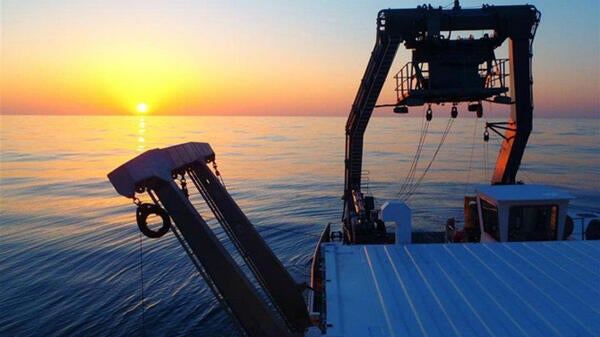
For the past two decades, BIOS scientists have stood behind the idea that mesoscale eddies are a driving force in coastal and open ocean processes, including biogeochemical cycling and the global carbon cycle. As research technologies improved over this time period it became apparent that, not only were they correct, but that eddies are far more important to ocean and climate systems than previously imagined.
2012 Ocean Sciences Meeting
April 27, 2012
Last February, 11 BIOS scientists participated in the 2012 Ocean Sciences Meeting in Salt Lake City, Utah as either the leads or co-authors of 10 talks and 13 posters. A biennial conference held jointly by The Oceanography Society (TOS), the American Society of Limnology and Oceanography (ASLO) and the American Geophysical Union (AGU), this year’s Ocean Sciences Meeting attracted more than 4,000 scientists, managers and educators from around the globe.
Scientists Convene at BIOS for Time-Series Workshop
October 27, 2012

From November 28-30, 2012 BIOS will host the international ocean time-series workshop, Moving Toward Global Interoperability in a Changing Ocean: An International Time-Series Methods Workshop. The workshop is jointly convened by the International Ocean Carbon Coordination Project (IOCCP) and the Ocean Carbon & Biogeochemistry (OCB) Program and aims to develop more consistent and transparent time-series methodologies.
The Science Behind Successful Sailboat Racing
July 29, 2020
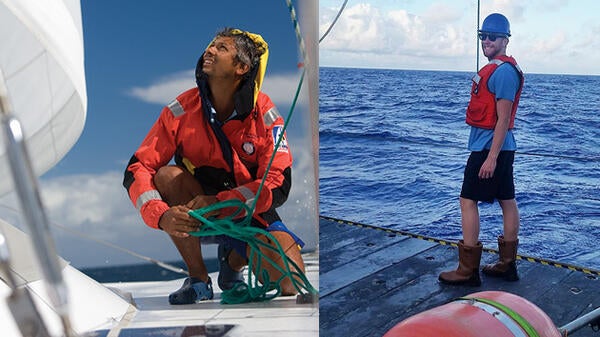
After the successful inaugural episode of Ocean Diaries—a virtual education program and collaboration that aired as a Facebook Live event on the Bermuda Aquarium, Museum, and Zoo (BAMZ) Facebook page last month to over 2,000 views—the team of educators at BAMZ, the Bermuda Zoological Society (BZS), BIOS, and the Bermuda Underwater Exploration Institute (BUEI) quickly remobilized to begin working on episode 2.
Small but Mighty…and Seasonal!
July 29, 2020
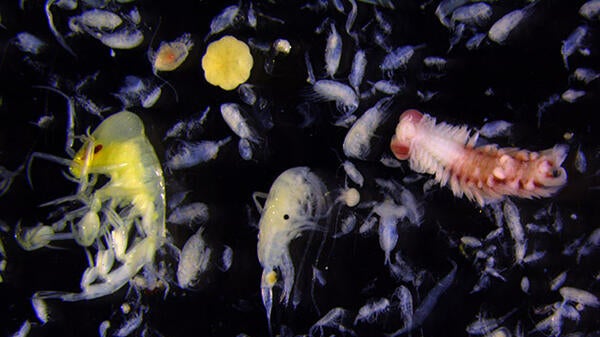
Earlier this year, BIOS associate scientist and zooplankton ecologist Leocadio Blanco-Bercial published a paper in the scientific journal Frontiers in Marine Science that sheds light on zooplankton communities in the Sargasso Sea, where zooplankton diversity is among the highest in the world’s ocean.
North Atlantic Ocean Absorbing Less CO2 Than Originally Thought
October 27, 2012
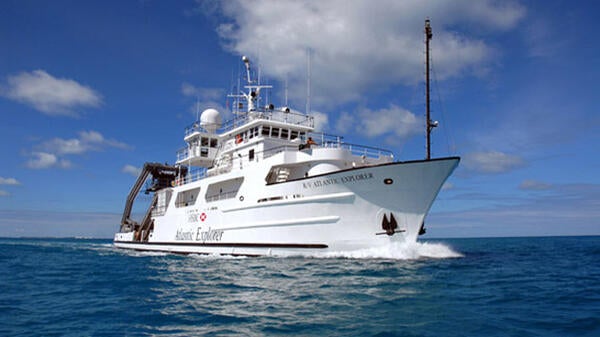
For many years scientists have operated on the belief—backed by extensive calculations and climate models—that the global ocean absorbs approximately 30% of the atmospheric carbon dioxide (CO2) produced by human activities. However, in a recent paper published in the journal Biogeosciences, Dr. Nicholas Bates, Senior Scientist and Associate Director of Research at the Bermuda Institute of Ocean Sciences (BIOS), discovered this might not always be true.
Some of our Achievements in 2012
January 26, 2013
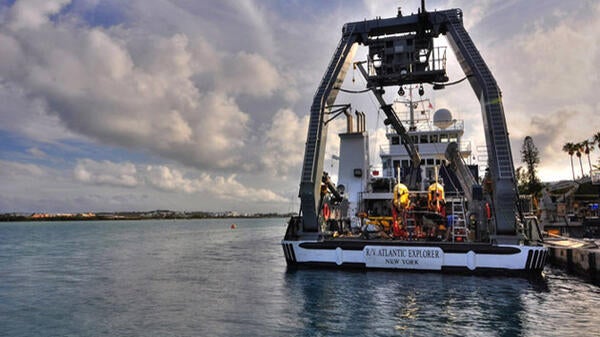
Some of our achievements in 2012 using ocean science for human good include work to:

